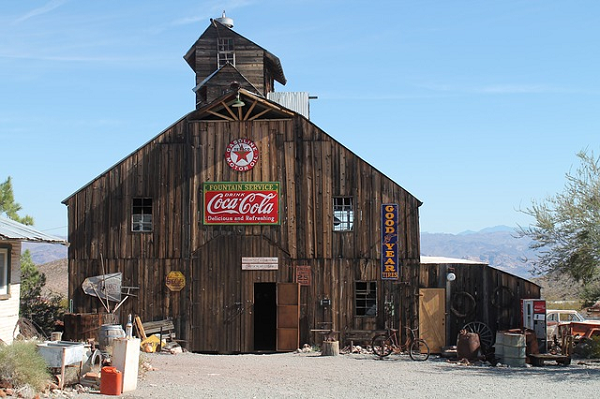
The term first-mover advantage describes the benefit a company may obtain by being the first to introduce a completely new product or service to the market.
Founded in 1892, the Coca-Cola Company is one of the best and classic examples of a company that fully exploited the first-mover advantage.
A first-mover advantage does not necessarily pertain to all new products or services that somebody launches. The term usually refers to large companies that obtained a substantial market share by moving first. Good and oft-cited examples are Coca-Cola, Starbucks, and eBay. To make the first move may secure a technological advantage that is difficult to catch up, a large market share, share of mind and brand loyalty, or an early start on building economies of scale. To be the first-mover can sometimes be a disadvantage, however, and many companies launching a new product or service actually fail in the end. One of the main disadvantages of being first is that the seller must persuade the customers that they need the particular product and that it is worth paying money for. This is something that the second tier of sellers need not do. Those coming into the marker later also learn from the mistakes made by the first. Google, for example, was not first in the market, but it optimized internet search in ways that made it the most popular search engine today. Sometimes, it is also valuable to offer a fresh impetus – rather than a wholly new product – to the market. For example, Apple with its first touch screen mobile phone, the iPhone, definitely was not the first out with a mobile phone, but it had the first phone with touch screen produced on a large scale.
Výraz výhoda prvního označuje výhodu, kterou firma může získat tím, že jako první uvede na trh zcela nový produkt nebo službu.
Coca-Cola Campany, která byl založena v roce 1892, je jedním z nejlepších a typických příkladů společnosti, která plně využila potenciálu výhody prvního.
Výhoda prvního se ve skutečnosti netýká všech nových produktů a služeb, které někdo spustí. Termín se obvykle pojí s velkými firmami, které získaly významný tržní podíl díky tomu, že začaly jako první. Mezi dobré a často citované příklady patří Coca-Cola, Starbucks nebo eBay. Být první může zajistit technologickou výhodu, která se těžko dohání, velký tržní podíl, podíl na mysli, loajalitu značce nebo včasné nastartování úspor z rozsahu. Nicméně být prvním hybatelem má také své nevýhody a mnoho firem s novými produkty nebo službami nakonec neuspěje. Jedna ze zásadních nevýhod prvního prodávajícího je ta, že musí nejprve přesvědčit zákazníky, že nový produkt potřebují a že stojí za to za něj zaplatit. Toto už další prodávající v řadě dělat nemusí. Ti, kteří přijdou na trh později, se také mohou poučit z chyb, které udělal první. Google například nebyl na trhu první, nicméně optimalizoval vyhledávání takovým způsobem, že dnes je nejpopulárnějším vyhledavačem. Někdy je také cenné dát trhu spíš nový impuls než úplně nový produkt. Třeba Apple se svým prvním dotykovým telefonem – iPhone jistě nebyl prvním mobilním telefonem, nicméně to byl první telefon s dotykovou obrazovkou, který se začal vyrábět ve velkém.
English Editorial Services’ mission is to assist international businesses and organizations of all sizes to communicate clearly, correctly, and persuasively with their business partners and target audiences.
Simply subscribe to receive our Business Term of the Day at no charge to your inbox each business day, with explanation in English and Czech.



English Editorial Services’ mission is to assist international businesses and organizations of all sizes to communicate clearly, correctly, and persuasively with their business partners and target audiences.
Simply subscribe to receive our Business Term of the Day at no charge to your inbox each business day, with explanation in English and Czech.

